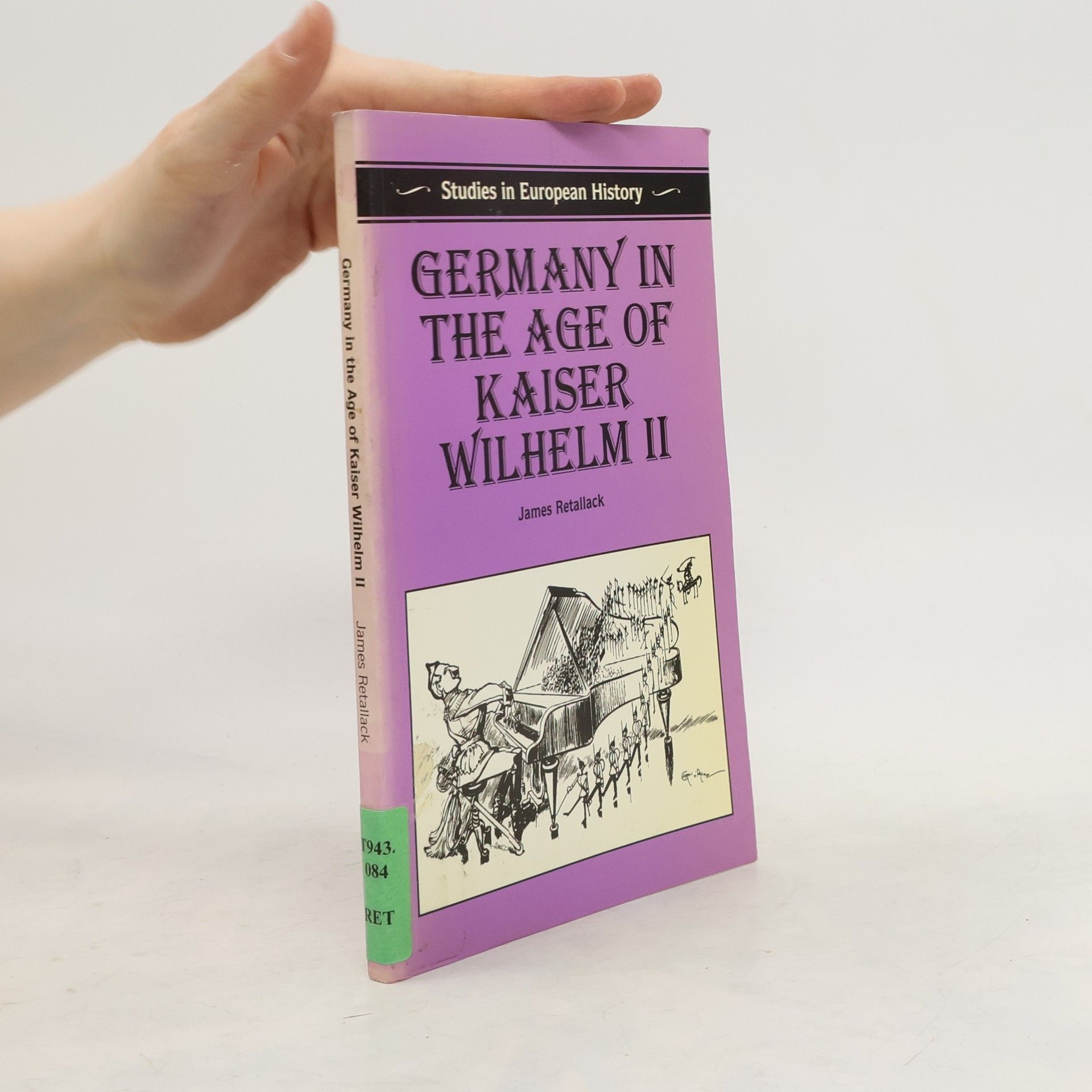Das rote Sachsen
Wahlen, Wahlrecht und politische Kultur im Deutschen Kaiserreich
Das rote Sachsen beleuchtet die komplexe Beziehung zwischen politischer Modernisierung und Autoritarismus im deutschen Kaiserreich. In einer überarbeiteten deutschen Ausgabe analysiert der kanadische Historiker James Retallack über sechs Jahrzehnte die Wahlkultur im Königreich Sachsen. Trotz der Fundamentalpolitisierung der Gesellschaft wurde die politische Demokratisierung von vielen Bürgerlichen abgelehnt. Angesichts der Wahlerfolge der Sozialdemokraten nach 1871 kämpfte das konservative Bürgertum gegen Sozialismus, Liberalismus und Judentum und versuchte, die Regeln der Wahlpolitik neu zu definieren. Der Schwerpunkt liegt auf der Wahrnehmung von Wahlfairness und weniger auf den tatsächlichen Wahlerfahrungen. Besondere Aufmerksamkeit gilt den halbdemokratischen Wahlsystemen, die allgemeine und gleiche Wahlen für den Reichstag mit beschränkten und ungleichen Systemen für Kommunalvertretungen und Landesparlamente kombinieren. Die Studie betrachtet die Demokratisierungsprozesse auf drei politischen Ebenen und zeigt deren wechselseitige Beziehungen. Zudem wird die zunehmende Angst der Konservativen und Liberalen vor dem „Terrorismus“ von links im Zeitalter der Massenpolitik thematisiert. Diese Furcht trug letztlich zu den Wahlsiegen Hitlers und der NSDAP in den 1920er-Jahren bei und stellte 1933 eine Bedrohung für die Demokratie in Deutschland dar. Das Buch enthält zahlreiche Tabellen, Abbildungen und ein Online-Supplement.


